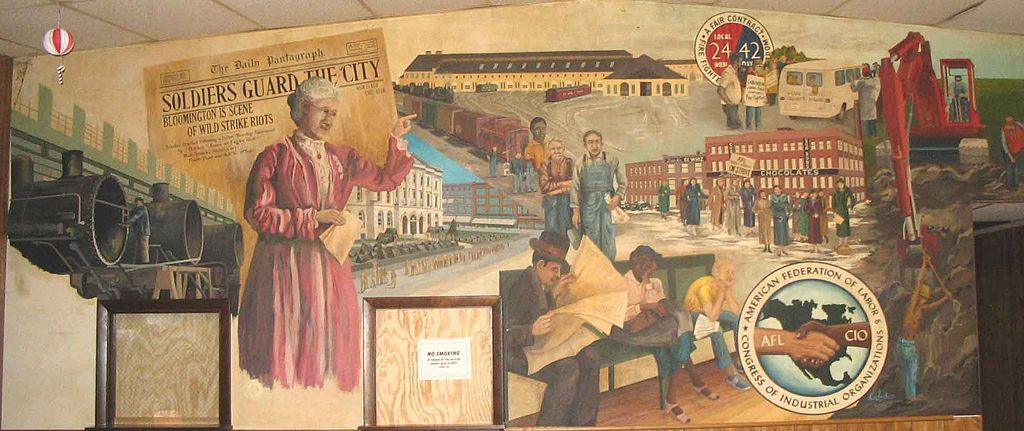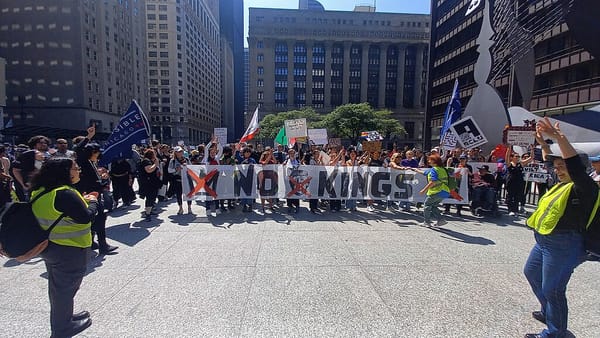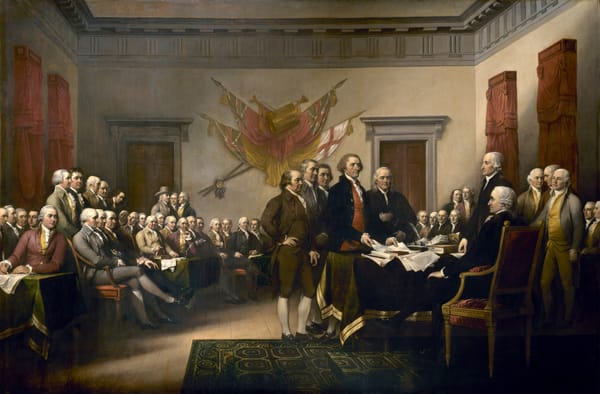Freedom of Contract, Unfreedom in the Workplace

Recently New York magazine published a long interview with Joss Whedon in which the film director and television showrunner attempted to defend himself from charges of abuse, harassment, sexism, and racism. Charisma Carpenter, an actor on Whedon’s shows Buffy the Vampire Slayer and Angel in the late 1990s and early 2000s, said that when she became pregnant Whedon called her “fat,” mocked her religious beliefs, and eventually fired her after she gave birth. Firefly writer Jose Molina has said that Whedon berated and verbally attacked female writers and bragged about making them cry. Gal Gadot, who played Wonder Woman in Whedon’s Justice League, said the director threatened to destroy her career if she didn’t read lines she objected to. Ray Fisher, who played Cyborg in the film, said Whedon was abusive, and condescendingly dismissed Fisher’s concerns about racism in Cyborg’s lines and portrayal.
Whedon’s responses to each of these charges made things worse; he said that Ray Fisher “was a bad actor in both senses,” as just one ugly example. But the remarkable thing about the portrait Whedon’s subordinates paint of egotism, cruelty and lack of accountability is how familiar it is. Most people have had a boss like that, or at least know someone who has had a boss like that. Charisma Carpenter’s experiences, for instance, are by no means atypical; 250,000 pregnant workers are denied accommodations every year in the US, and many more are afraid to even ask for accommodations because they are afraid their bosses will retaliate.
Discussions about freedom and the limits of freedom in the US generally focus on the scope of government interference. What kind of speech can the government regulate? Can and should government regulate cannabis or sex work or guns or vaccinations? Should government regulate business?
These are important questions. But they also tend to obscure the fact that for most people, for most of their day, their most direct, visceral experience of unfreedom is at work. Bosses can control how you spend your time; they can regulate what you wear. They can in many cases regulate what you do with your body. If they want a tattoo, or want to get pregnant, or even want a haircut, many workers have to consider first what their bosses will think and what their bosses will do.
Neoliberals and libertarians (and bosses) argue that workplace relationships are not unfree because people enter into them voluntarily. If you take a job as a television writer, for example, you agree to have your work critiqued by your supervisor. If you take a job in an office, you are agreeing to an office dress code; if that code specifies no visible tattoos, you can’t get a neck tattoo. Freedom means the freedom to bind yourself to agreements which limit what you can do in exchange for what your employer can do for you. Or, as labor scholar Matt Stahl puts it, the “dominant, classical liberal contractarian logic [holds] that more freedom means freedom to alienate more things (including rights).”
There are other strands of the liberal tradition, though, which point out the inconsistencies in freely binding yourself to unfreedom. John Stuart Mill, most notably, didn’t accept the logic of contractually tying yourself up. Mill argues that in “selling himself for a slave” a person
abdicates his liberty; he foregoes any future use of it, beyond that single act. He therefore defeats, in his own case, the very purpose which is the justification of allowing him to dispose of himself. He is no longer free; but is thenceforth in a position which has no longer the presumption in its favor, that would be afforded by his voluntarily remaining in it.
Mill concludes, “The principle of freedom cannot require that he should be free not to be free. It is not freedom, to be allowed to alienate his freedom.” (All of which, despite Mill’s pronoun usage, obviously applies to people of every gender.) Later liberals would extend this point much further than Mill himself. Mike Konczal, for example, explains in his new book Freedom from the Market that “freedom requires being free from arbitrary power and domination by the will of others”—including the will of bosses.
And there are plenty of contemporary abuses which support the analysis outlined by Mill, Stahl, and Konczal. Because workers are supposed to have bartered away their freedom, they are extraordinarily vulnerable.
Even Hollywood actors, who are relatively well-paid, who are unionized, and who have resources and media access most workers could only dream of, are subject to systemic and systematic abuse, up to and including sexual assault. Producer Harvey Weinstein was accused by 87 actors of sexual harassment and abuse before being convicted on two counts. Investigations in other industries, such as agricultural work, and domestic work, have also found endemic sexual assault, especially against immigrant workers.
MeToo has generally been framed as a feminist movement exposing gendered inequalities, and it is that. But it’s also a labor rights movement, which reveals the massive power that bosses have over the lives, well-being, and bodies of their subordinates. Workers agree to do what their bosses tell them. Though in theory there are limits on what bosses can demand, in practice when you have sweeping authority over schedule, physical presence, and career advancement, you have many levers with which to initimidate them into silence or compliance.
You can see the same dynamic in the current discussion of school closings and Covid. In this case, the government itself is the boss, and in their capacity as bosses, officials have demanded that their employees risk their health and their lives in the name of contractual obligations.
When teachers in Chicago asked the city to institute more rigorous testing to protect teachers (and students) from the rapidly escalating omicron variant, and to pause in-person learning, Mayor Lori Lightfoot reacted with a barrage of abuse. She said she would not let the teachers “take our children hostage,” and invoked parent’s freedom to not test their children. Everyone, it seems, has freedom, except workers, who are hostage-takers and back-stabbers if they dare to suggest that maybe they have the right not to expose themselves to unsafe conditions just because they signed a contract.
Chicago teachers were able to strike to force concessions. Teachers in states like Florida, where strikes are prohibited, have even less leverage to protest when the state bans maks mandates or refuses to take steps to mitigate omicron. Freedom is conceived of in this case as something reserved for everyone except workers. In fact, freedom is precisely the right to endanger workers by refusing to wear masks, or get vaccinated, or submit to testing. It’s the power to force workers to work for you regardless of their safety or inclinations. Freedom means that you’re the boss.
The United States has long defined freedom as power over workers. In The 1619 Project, journalist and scholar Nikole Hannah-Jones points out that the leaders of the American Revolution often rallied support by warning that the British intended to, in Washington’s words, “make us as tame, & abject Slaves, as the Blacks we Rule over with such arbitrary Sway.” Washington didn’t want to be subjugated like his workers, but he also didn’t want to free those workers. His freedom meant distancing himself from laborers.
For the moment, at least, the accusations against Joss Whedon seem likely to derail his career. Harvey Weinstein has been imprisoned. Bosses accused by high profile, powerful workers sometimes face consequences, and perhaps that can deter others.
As long as we see freedom as something we have over workers, rather than something we should have as workers, though, workplace abuses aren’t going away. The right to unionize; the right to a fair wage; the right to health care; the right to paid leave—in the US, these are all often framed as attacks on the freedom of businesses, or even as attacks on the freedom of workers to shed their rights and dignity in a race for capitalism’s table scraps.
But the truth is that a country in which most people spend most of their days under someone else’s thumb isn’t a free nation in any meaningful sense. The liberty to do what your boss tells you isn’t liberty, even if you’re lucky enough that your boss is not Joss Whedon.
Featured Image is Bloomington Labor history Mural, by Kari Sandhaas




